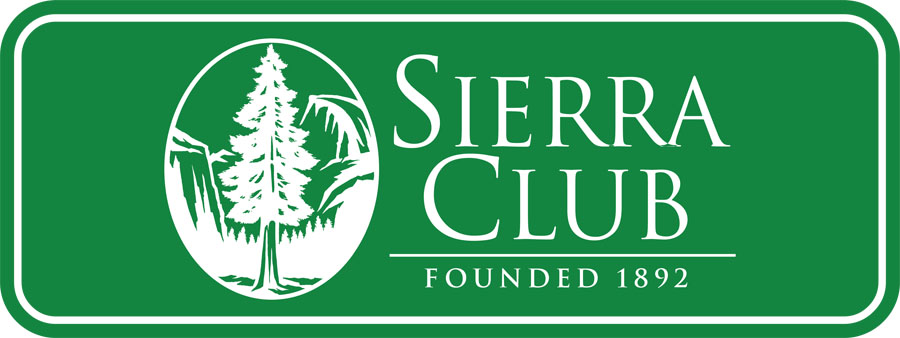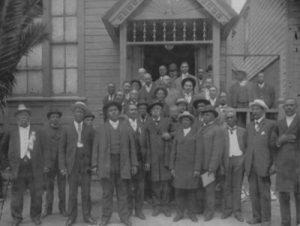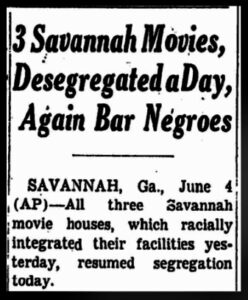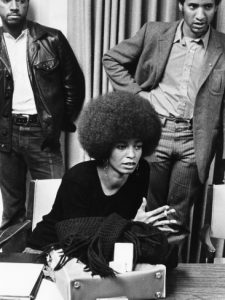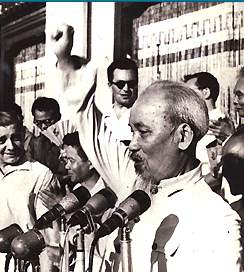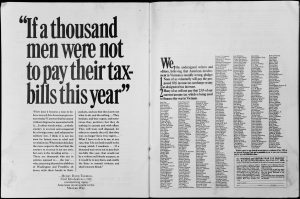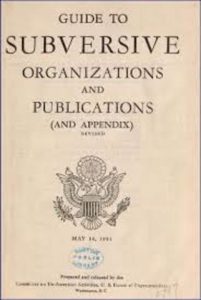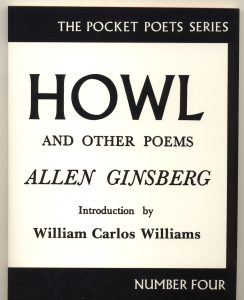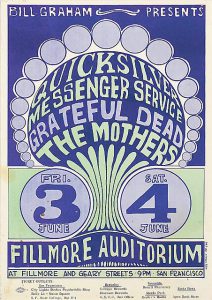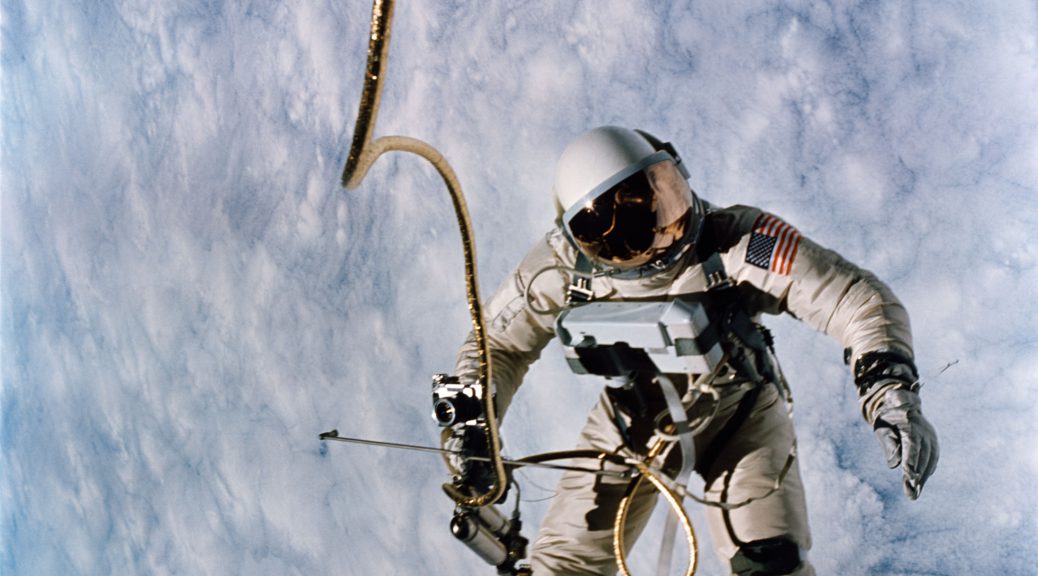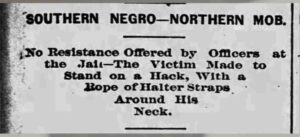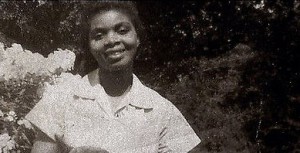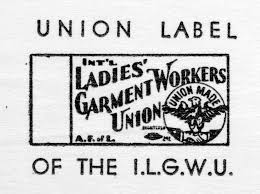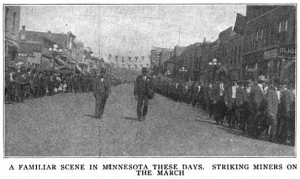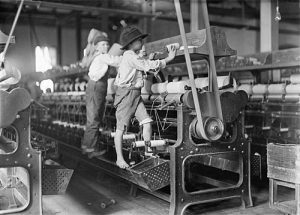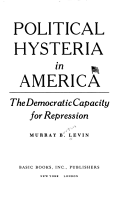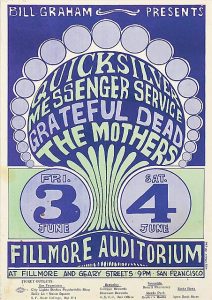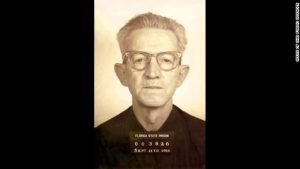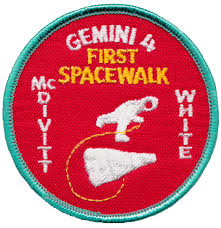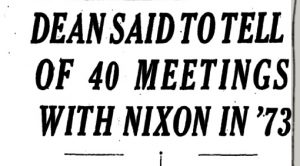June 4 Peace Love Art Activism
Environmental Issues
June 4, 1892: the Sierra Club was incorporated in San Francisco. [SC site] (see July 1, 1905)
June 4 Peace Love Art Activism
BLACK HISTORY
Afro-American Council
June 4, 1899: the Afro-American Council declared a national day of fasting to protest lynching and violence against African Americans. [Black Past dot org article on A-A C] (next BH & Lynching, see July 22; see 19th century for expanded lynching chronology)
Savannah Theaters Segregated Again
June 4, 1963: in the spring of 1963 the Lucas Theater, Weis Theater, and Savannah Theater in Savannah, Georgia had announced they would implement a policy of racial integration and on June 3 the theaters for the first time opened their doors to all patrons equally regardless of race.
White community members committed to segregation protested the change by picketing at Savannah City Hall.
On June 4, the three theaters announced that they would be restoring segregation policies that barred Black people from attending film screenings on an equal basis with white customers.
Savannah Mayor Malcolm MacLean condoned the continued racist policies, and issued a statement maintaining that the theaters were “free to do whatever they wanted on the segregation issue.” [EJI article] (next BH, see June 9)
Angela Davis
June 4, 1972: a jury acquitted Black militant and academic Angela Davis on charges of conspiracy, murder, and kidnapping in San Jose, California. [Black Then dot com article] (see June 22)
Amadou Diallo
June 4, 2000: Bruce Springsteen sings “41 Shots” for the first time live at Philips Arena in Atlanta, GA. (see June 8)
Albany Movement
June 4, 2011: President Barack Obama presented the Presidential Medal of Freedom to Charles Sherrod and his wife Shirley at the celebration of the 50th anniversary of the Southwest Georgia Project in Albany on June 4, 2011. (BH, see June 26)
Colin Kaepernick
June 4, 2020: a host of players, including some of Drew Brees’s teammates, responded with statements of their own, calling Brees’s comments hurtful and criticizing him for ignorance of or callousness to the struggles of African-Americans.
“Drew Brees, you don’t understand how hurtful, how insensitive your comments are,” Malcolm Jenkins, Brees’s teammate, said in a video posted to Twitter. “I’m disappointed, I’m hurt, because while the world tells you, ‘You are not worthy,’ that your life doesn’t matter, the last place you want to hear it from are the guys you go to war with and that you consider to be your allies and your friends.
“Even though we are teammates, I can’t let this slide.”
Later that day, Brees walked back his position in a post on Instagram, saying his earlier comments were “insensitive and completely missed the mark.” Brees also asked for forgiveness and said that he took full responsibility for his words.
“I recognize that I should do less talking and more listening … and when the black community is talking about their pain, we all need to listen,” he wrote.
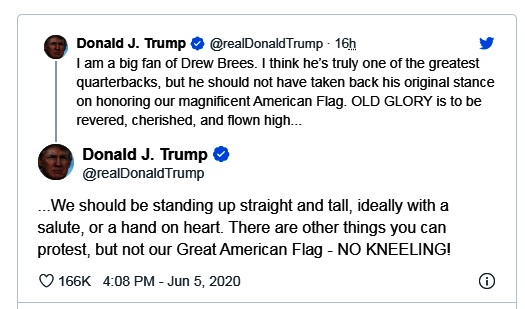 President Trump, who had praised Bree’s first comment, criticized Bree’s retraction.[NYT article] (next BH & CK, see June 5)
President Trump, who had praised Bree’s first comment, criticized Bree’s retraction.[NYT article] (next BH & CK, see June 5)
June 4 Peace Love Art Activism
US Labor History
June 4, 1912: first state minimum wage law: Massachusetts adopted the first minimum wage law, setting a floor under the pay of women and minors. Other states will pass similar laws beginning the same year. [Think Progress article] (see January 23, 1913)
June 4 Peace Love Art Activism
Voting Rights
June 4, 1919: the US Senate passed the Nineteenth Amendment and sent it to the states for ratification. (see February 14, 1920)
June 4 Peace Love Art Activism
LGBTQ
Article 93
June 4, 1920: a House of Representatives Subcommittee of the Committee on Military Affairs approved Revisions to The Articles of War, which criminalized sodomy. Article 93 states: “Various Crimes.–Any person subject to military law who commits manslaughter, mayhem, arson, burglary, housebreaking, robbery, larceny, embezzlement, perjury, forgery, sodomy…shall be punished as a court-martial may direct.” [Imiblio dot org article] (see December 10, 1924)
Oregon
June 4, 2014: the U.S. Supreme Court refused to halt new marriages between same-sex couples in Oregon. The National Organization for Marriage had sought a stay of a lower court’s decision allowing marriages to take place after the 9th Circuit U.S. Court of Appeals denied a similar request two weeks ago. [NYT article] (see June 24)
Masterpiece Cakeshop, Ltd v Colorado
June 4, 2018: in Masterpiece Cakeshop, Ltd v Colorado Civil Rights Commission, the US Supreme Court sided with a Colorado baker.
Justice Anthony M. Kennedy, writing for the majority in the 7-2 decision, relied on narrow grounds, saying a state commission had violated the Constitution’s protection of religious freedom in ruling against the baker, Jack Phillips, who had refused to create a custom wedding cake for a gay couple.
“The neutral and respectful consideration to which Phillips was entitled was compromised here,” Justice Kennedy wrote. “The Civil Rights Commission’s treatment of his case has some elements of a clear and impermissible hostility toward the sincere religious beliefs that motivated his objection.”
The Supreme Court’s decision, which turned on the commission’s asserted hostility to religion, strongly reaffirmed protections for gay rights and left open the possibility that other cases raising similar issues could be decided differently. (LGBTQ, see June 16; religious beliefs, see June 25)
June 4 Peace Love Art Activism
Judicial Milestone
Olmstead v. United States
June 4, 1928: was a decision by the US Supreme Court, in which the Court reviewed whether the use of wiretapped private telephone conversations, obtained by federal agents without judicial approval and subsequently used as evidence, constituted a violation of the defendant’s rights provided by the Fourth and Fifth Amendments. In a 5-4 decision, the Court held that neither the Fourth Amendment nor the Fifth Amendment rights of the defendant were violated. [Oyez article] (JM, see May 23, 1938; Olmsted, see December 18, 1967)
June 4 Peace Love Art Activism
Cultural Milestone
June 4, 1937: Humpty Dumpty supermarket in Oklahoma City introduced the first shopping carts. With the help of a mechanic, Fred Young, store owner Sylvan Goldman designed the shopping cart based on a folding chair. They placed wheels where the bottoms of the chair legs would be and two metal baskets on top of each other where the seat would have been. They could store the carts could by folding them. [priceeconomics article] (see Aug 10)
June 4 Peace Love Art Activism
FREE SPEECH
Dennis v. United States
June 4, 1951: on October 14, 1949, eleven Communist Party leaders were convicted of advocating the violent overthrow of the US government and for the violation of several points of the Smith Act [June 28, 1940]. The party members who had been petitioning for socialist reforms claimed that the act violated their First Amendment rights to freedom of speech and that they served no clear and present danger to the nation.
In a 6 – 2 decision, the US Supreme Court upheld the defendants’ convictions for conspiring to overthrow the U.S. government by force through their participation in the Communist Party were not in violation of the First Amendment. Second Circuit Court of Appeals affirmed. [Oyez article] (trial/Free Speech, see March 10, 1952)
June 4 Peace Love Art Activism
Vietnam
Vietnam independence
June 4, 1954: French and Vietnamese officials signed treaties in Paris according independence to Vietnam. (see June 8)
Anti-war advertisement
June 4, 1966: a three-page anti-war advertisement appears in the New York Times signed by 64,00 teachers and professors. (see June 20)
Eleanor Sobel
June 4, 1969: the Brookline, Massachusetts School Board suspended junior high school teacher, Eleanor Sobel, because she had written “Was this war worth your brother’s life? Maybe he should have burned his draft card” on an essay of 12-year-old Sheila McNabb whose brother, John, was killed in Vietnam in November, 1967. (Vietnam; see June 5; DCB, see January 2, 1970)
June 4 Peace Love Art Activism
June 4 Music et al
Beatles sign
June 4, 1962: Brian Epstein and Beatles officially signed a record deal with Parlophone/E.M.I. (see June 6)
Beach Boys
June 4, 1962: Beach Boys released second single, “Surfin’ Safari.” Peaked at number 14 on the Billboard Hot 100. (see Oct 29)
see Jimi Hendrix for more
June 4, 1967: the Jimi Hendrix Experience played their last show in England at London’s Saville Theatre before heading off to America. (Brian Epstein ran The Saville). Hendrix, had gotten a copy of Sgt. Pepper prior to the show. There are some who say he bought it and others who say Paul McCartney had given it to him. The Beatles decided to go to the concert. (Beatles, see June 12; Hendrix, see June 18)
Bob Dylan
June 4, 2017: to officially collect the title, Nobel Prize awardees must deliver a lecture within six months of the Academy’s official awards ceremony. On this date, Dylan submitted a recording of his acceptance speech. [transcript] (next Dylan, see December 7, 2020)
June 4 Peace Love Art Activism
INDEPENDENCE DAY
June 4, 1970: Tonga no longer a protectorate under the United Kingdom. [Commonwealth article] (see Oct 10)
June 4 Peace Love Art Activism
Cold War
June 4, 1974: President Richard Nixon abolished the Attorney General’s List of Subversive Organizations, which was a major instrument in the attack on freedom of belief and association during the Cold War. President Harry Truman had ordered the list as part of his federal Loyalty Program on March 21, 1947, and first published on December 4, 1947. During the anti-Communist hysteria of the Cold War, individuals lost their jobs or were denied employment because they belonged to, or once belonged to, an organization on the list.
The list had a devastating influence, inspiring similar lists, including Red Channels, a privately sponsored list published on June 22, 1950, which also became the basis for blacklisting in the radio, television and motion picture industries. The Attorney General’s list also inspired the House Un-American Activities Committee’s “Guide to Subversive Organizations,” first published on May 14, 1951. (see July 12)
June 4 Peace Love Art Activism
SEPARATION OF CHURCH AND STATE
Wallace v. Jaffree
June 4, 1985: the US Supreme Court ruled that an Alabama law authorizing public school teachers to hold a minute of silence for “meditation or voluntary prayer” violated the establishment clause of the First Amendment. The Court held that the Alabama statute failed the Lemon Test [28 June 1971] by advancing a religious, rather than a secular, purpose. [Oyez article] (see June 19, 1987)
June 4 Peace Love Art Activism
Tiananmen Square Massacre
June 4, 1989: Chinese soldiers deployed to end demonstrations. The soldiers shot randomly at them. The official Chinese government figure is 241, but this is almost certainly a drastic under count. Between soldiers, protesters and civilians, it seems likely that anywhere from 800 to 4,000 people were killed. The Chinese Red Cross initially put the toll at 2,600, based on counts from local hospitals, but then quickly retracted that statement under intense government.
June 4 Peace Love Art Activism
Jack Kevorkian
June 4, 1990: Kevorkian was present at the death of Janet Adkins, a 54-year-old Portland, Oregon, woman with Alzheimer’s disease. Her death using the “suicide machine” occurs in Kevorkian’s 1968 Volkswagen van in Groveland Oaks Park near Holly, Michigan. (see JK for expanded story)
June 4 Peace Love Art Activism
Stop and Frisk Policy
June 4, 2012: NY Gov. Andrew Cuomo pushed for the decriminalization of the possession of small amounts of marijuana in public view. (see June 17)
June 4 Peace Love Art Activism
Women’s Health
June 4, 2012: The National Center for Health Statistics reported that teen births were at their lowest level in almost 70 years. Birthrates for ages 15-19 in all racial and ethnic groups were lower than ever reported. The new numbers elaborated on federal data released in November (2011) that found the teen birthrate dropped 9% from 2009 to 2010, to a historic low of 34.3 births per 1,000 teens. That was down 44% from 61.8 in 1991. The all-time high was 96.3 during the Baby Boom year of 1957. (see Oct 23)
June 4 Peace Love Art Activism
Sexual Abuse of Children
June 4, 2016: a year after approving the creation of a new tribunal to discipline bishops who covered up child sex abuse by priests, Pope Francis scrapped that plan on and issued new guidelines to oust those who have been “negligent” in handling such cases.
Under the new guidelines, issued in an apostolic letter, Roman Catholic bishops who have failed to properly handle sex abuse cases will be investigated by four Vatican offices. If the bishops are found to have betrayed their mission, they will be removed “to protect those who are the weakest among the persons entrusted to them.” (see October 6)

